Dentists use some incredible tools to perform precise dental technical procedures. Dr. Hamilton goes into detail about some of the tools we like to use in the clinic.
Drill burrs and some frequently used hand tools
What purpose do dental tools serve in the clinic?
Dental tools exist in all forms. Some are procedure specific, while some are used for many and all procedures. Without the use of modern day dental implements, maintaining oral health wouldn't be possible. Here are a few of the most common tools you’ll see around the clinic.
Drills
The primary use of a dental drill is to cut structures inside the mouth. They may be used in the excavation of cavities in teeth, to cut apart old restorations, or even to cut and remove bone or other structures during surgery. As with all tools, they come in a variety of shapes, sizes and specifications.
Dental drills are typically classified under two camps, high and low speed. High speed drills are mainly used for cutting teeth and other hard structures, while slow speed drills are used for removing soft structures and polishing.
The drill bits that we use are actually called ‘burrs’. Dental burrs are cutting tools typically made with carbide cutting flutes, or abrasives such as diamond.
The sound you hear from a dental drill is a result of how fast it is turning. A high speed drill can spin in excess of 200,000 revolutions per minute (RPM). Compare this to the average car engine that may turn a maximum of 6000-7000 RPM. The pitch of the sound you hear nowadays may be different from what you have heard in the past. Modern drills are powered by electric motors, which do not have the ‘whine’ that the air driven drills did.
Example of drills
Lights
The inside of a mouth is dark. Thankfully we have a variety of light sources that help maintain visibility. Overhead lights can be moved around, and are specialized to focus light onto certain areas of our choosing. There are lights on the end of our drills that help illuminate the specific area you are working on. You may also notice dental professionals wearing micro head lamps, that help focus light exactly where we are looking.
Overhead lighting
A different kind of light we use is called a curing light. You may have noticed the blue light sometimes illuminating inside or around your mouth. These special tools emit light at a specific wavelength that initiates a photo-chemical reaction needed to help harden filing materials, and cure bonding agents or cements.
Example of a curing light
Air/Water Syringe
This special device is the equivalent of a fancy water gun! We use these syringes to spray water, air, or a mixture of both inside the mouth. This allows us to rinse or flush things, or to make something dry.
Suction
There are a lot of things that occupy our working environment. Saliva, water, irrigants, broken fillings, part of your lunch etc, are all in the way of us trying to do our job. We use suction to help remove solids and liquids in order to keep our field of work clean and dry. The most common suctions are the high volume which are used to remove large amounts of debris and liquid at a time, and saliva ejectors, whose main purpose is to remove excess saliva and liquid.
Example of suction/water
Hand Tools
There are an endless number of hand tools at our disposal. Most commonly you will see us use our mirror (to see things outside of our direct vision), a dental explorer (for assessing tooth status and detecting cavities), and forceps (these are basically fancy tweezers). Tools specific to certain procedures such as fillings, extractions, or root canals are set up as needed and come in every shape and size imaginable.
Example of some hand tools
Tools, Tools and More Tools
It’s safe to say, in the clinic we use a lot of different equipment. All of our tools are designed to help treat patients and ensure we take the best care of your oral health. However, we understand that some of these tools can be overwhelming or intimidating to patients. If you are ever curious about learning more about the tools we use, ask your dentist the next time you are in the clinic! We’d be more than happy to share any information with you.
Our clinic is accepting new patients. If you would like to book to see Dr. Hamilton or Dr. Shire give us a call at 306-931-0000






